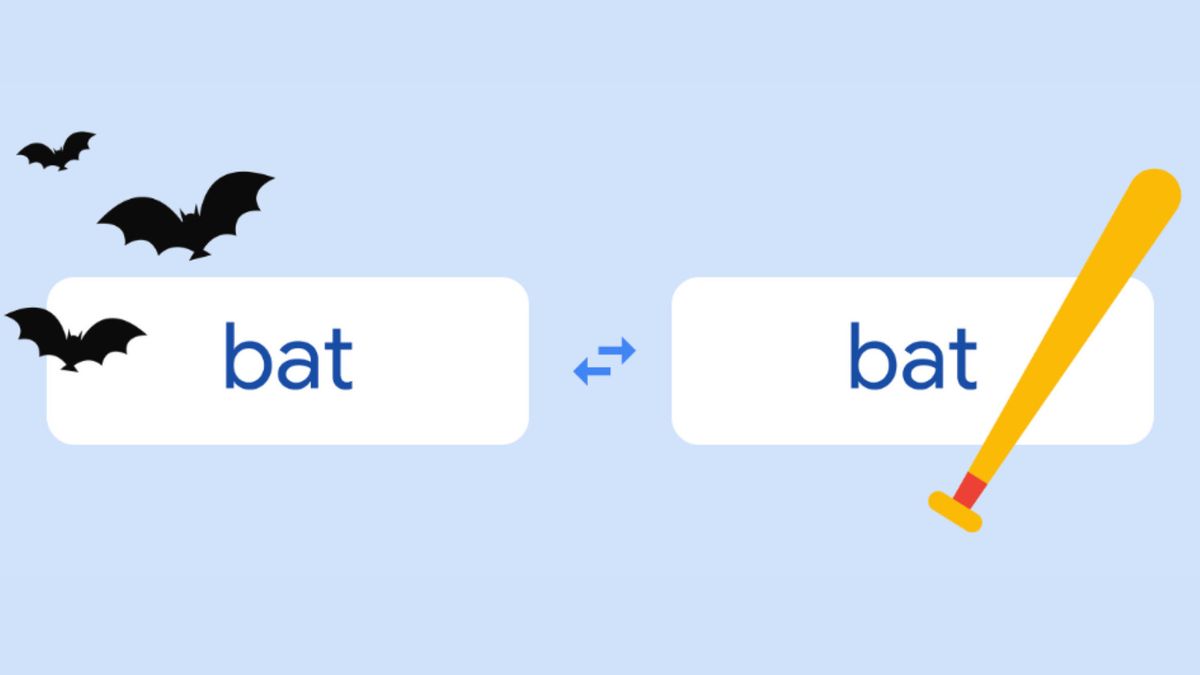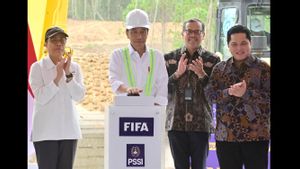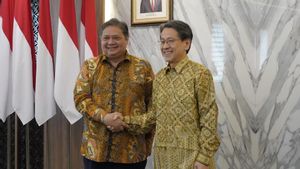JAKARTA - Google Translate, a translator service from Google, used to work later, but now it's no longer. Starting last November 10, Google Translate is able to understand homonyms.
Understanding the homonym context is proof that Google has succeeded in improving their translator machine. The reason is, this translator service was previously not very valid because it still seemed to translate word for word.
Google says that they initially used a statistical approach. This method is not very good for some things, especially in recognizing two words with different names and meanings or so-called homonyms.
In order to increase user experience from Google Translate, Google is trying to improve machine shopping from the translator service. As a result, Google Translate can now understand the context of sentences to break homonyms.
In 2016, Google made a major transition to a pure neural-based machine. This transition makes Google Translate more accurate because of the understanding of the context of the whole sentence and paragraph.
However, this machine transition does not necessarily make Google Translate able to solve homonimous problems. This translation service still needs to be improved in order to sound more natural and impressive.
VOIR éGALEMENT:
"The model we run today is three or four times bigger than the model we first launched and worked faster," said Google Technical Director Macduff Hughes.
With the presence of the latest generative Artificial Intelligence (AI) experiment at Search Labs, Google can now showcase its homonym word detection capabilities on Google Translate. The method of use remains the same as usual, but users need to enable Google's generative AI first.
To enable Search Generative Experience (SGE), users simply need to search for Search Labs in the Chrome search field or Google app on mobile devices. Then, go to the website from Search Labs and activate the feature.
The English, Chinese, Japanese, Arabic, and French versions are automatically generated by the AI. So there may still be inaccuracies in translating, please always see Indonesian as our main language. (system supported by DigitalSiber.id)
















